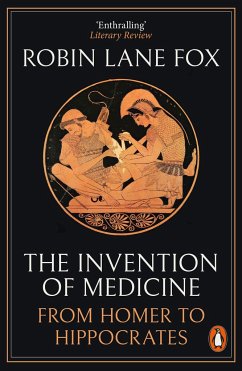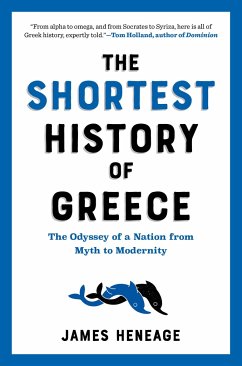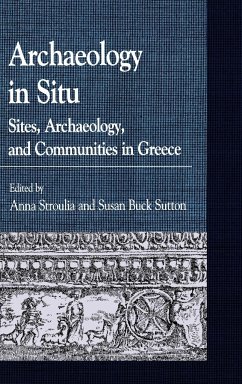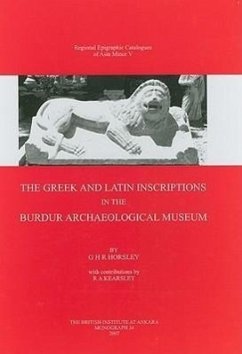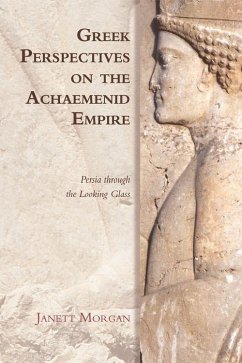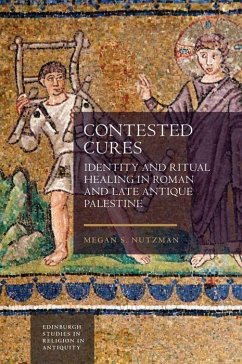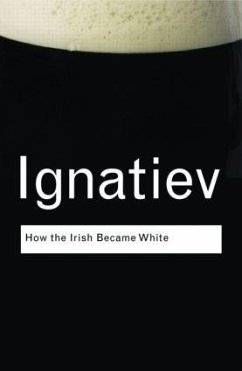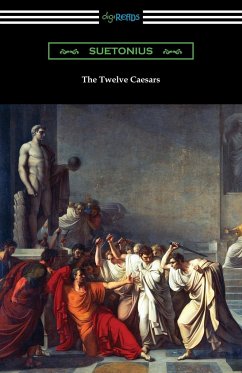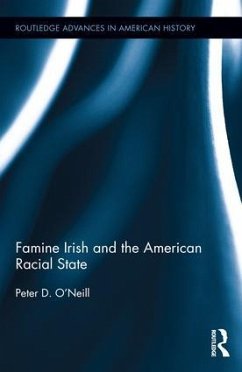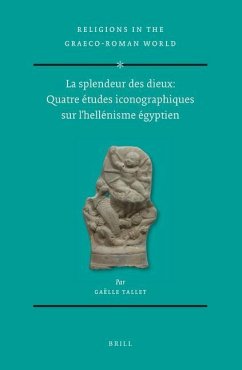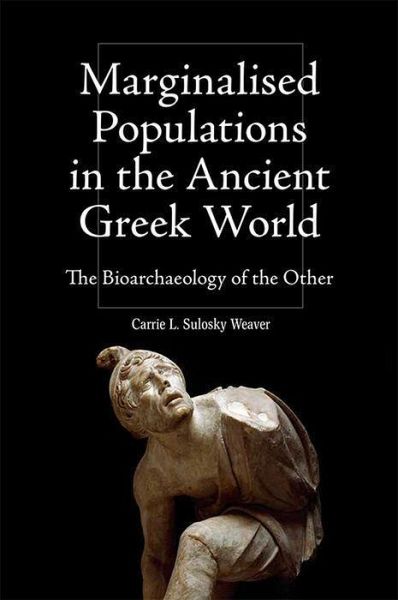
Marginalised Populations in the Ancient Greek World
The Bioarchaeology of the Other

PAYBACK Punkte
64 °P sammeln!
Explores literary, visual, material and biological evidence of marginality in the ancient Greek world Studies of the ancient Greek world have typically focused on the life histories of elite males as the group that has made the most distinct mark on ancient Greek literature, art and material culture. As a result, the voices of foreigners, the physically impaired, the impoverished and the generally disenfranchised have been silent, which has substantially complicated the creation of a historical narrative of these marginalised groups. To address this lacuna, previous research has turned to the ...
Explores literary, visual, material and biological evidence of marginality in the ancient Greek world Studies of the ancient Greek world have typically focused on the life histories of elite males as the group that has made the most distinct mark on ancient Greek literature, art and material culture. As a result, the voices of foreigners, the physically impaired, the impoverished and the generally disenfranchised have been silent, which has substantially complicated the creation of a historical narrative of these marginalised groups. To address this lacuna, previous research has turned to the limited evidence found in literature and material culture to reconstruct societal attitudes toward disenfranchised peoples. This book departs from that approach by primarily considering the skeletal remains and burial contexts of the individuals themselves. Drawing upon literary, artistic, material and biological evidence, it sheds new light on groups of individuals who were typically relegated to the periphery of Greek society in the Late Archaic and Classical periods. Offering the first comprehensive treatment of the biological evidence for marginality in the ancient Greek world, this book argues that intersectionality was the driving factor behind social marginalisation in the Late Archaic and Classical Greek world. Carrie L. Sulosky Weaver is a classical archaeologist associated with the Department of Classics at the University of Pittsburgh.




